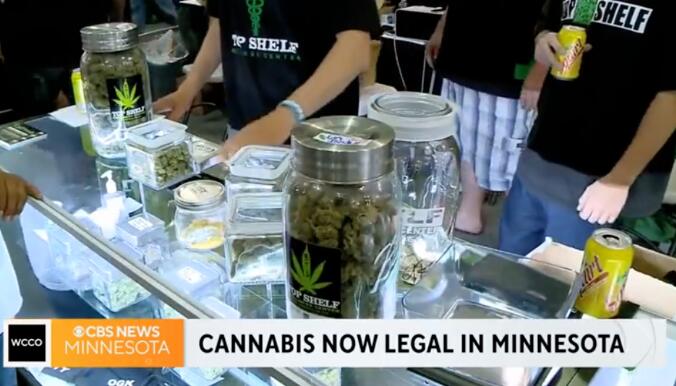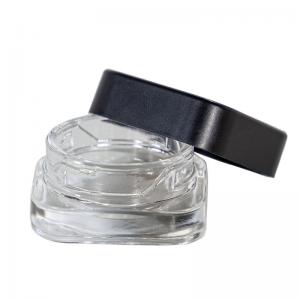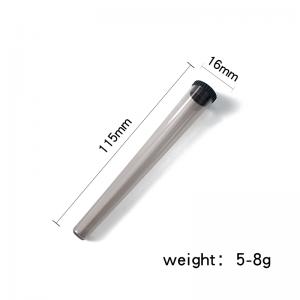Since August 1, residents aged 21 and above in Minnesota, the United States, have owned up to two ounces of big Fried Dough Twists in public places and up to two pounds at home since August 1. At the same time, the bill also provides an opportunity for individuals with marijuana criminal records to clear their records, automatically revoke low-level convictions, and establish a review committee to determine eligibility for high-level crimes.

Minnesota Governor Tim Walz signed a bill in May this year to officially legalize the use of recreational marijuana in the state. With Waltz's signature, Minnesota became the 23rd state to legalize adult marijuana use and the third state in the Midwest to do so.
We now know that the ban is not working. We have criminalized many people. We need to start clearing these records. Buying marijuana on the street is dangerous, "Waltz said at the signing ceremony, adding that adults should be able to make their own decisions about such choices.

In addition, the bill established a cannabis management office responsible for regulating and selling cannabis products within the state.
This bill has created a safe and strictly regulated legal market, including best practices for protecting consumers, health, and public safety. It also values strong clearance programs so that those who are disproportionately affected by current cannabis laws can continue their lives. Now is the time for legalization, and I am proud to push for the passage of this bill, "said the bill's founder, Democratic State Representative Zack Stephenson said at a press conference before the final approval.
Although Stevenson stated that regulatory and record clearance work will begin after the law takes effect, he emphasized on Twitter that changes will not occur overnight. He estimated that it would take up to 18 months to expect a legitimate marijuana pharmacy, and pointed out that clearing "thousands" of past marijuana convictions may take several years to complete.
The legalization of marijuana in Minnesota is a landmark progress and also shows us a broader social transformation. The past ban did not prevent the use of marijuana, but instead led many users to face unnecessary criminal sanctions. This legalization not only reduces the danger of black market trading from the source, but also provides a mechanism to help those convicted of it clear their criminal records.
Across the country, Minnesota is just one of many states that choose to legalize marijuana, including for medical and leisure purposes. However, the regulations and taxes on marijuana vary from state to state, and even in federal law, marijuana is still considered a type of drug without legal medical use.

Since California became the first state to legalize medical marijuana in 1996, the legalization movement has been accelerating. So far, most states have implemented comprehensive medical programs, and even in many states, the casual use of marijuana has been legalized. But in some states, such as Washington D.C., although possession of marijuana is allowed, sales are illegal due to congressional intervention. This phenomenon once again reminds us that although states have made progress in cannabis policies, there are still many inconsistencies and contradictions in our federal legal system.
By conducting in-depth research on these laws, we can gain a deeper understanding of the social phenomena behind them. The Minnesota bill is not only about legalizing marijuana, but more importantly, it attempts to repair the social damage caused by past bans, by clearing criminal records and giving those who have been unfairly treated a new start. But this also raises a deeper question: if these people should not have been criminally convicted from the beginning, is there a deeper problem in our judicial system?
As the legal attitude towards marijuana gradually changes, we need more discussion and reflection, and a deeper examination of our society and legal system. Only in this way can we truly achieve social justice and equality.


 English
English français
français Deutsch
Deutsch русский
русский italiano
italiano español
español português
português Nederlands
Nederlands 日本語
日本語 한국의
한국의











 2023-08-15
2023-08-15



 Online service
Online service


